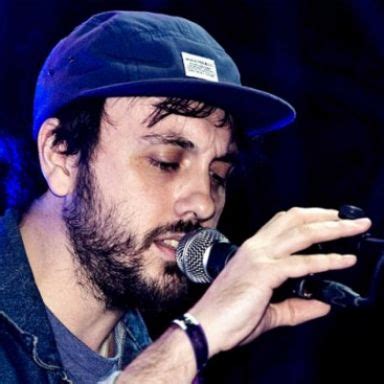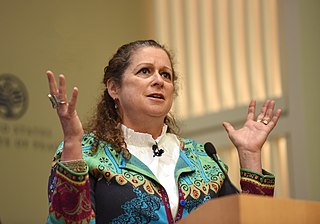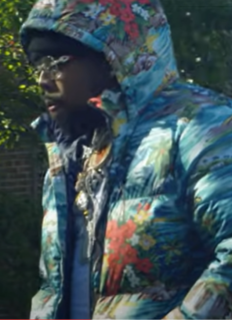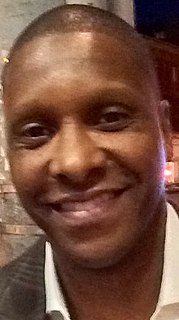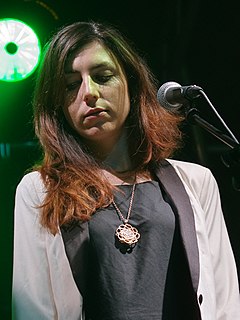A Quote by Noah Baumbach
I like to try to shoot in the city in a way that allows the city to go about its business while we're shooting, and that's always a challenge because unfortunately people on the street don't know not to look in the camera or interact with the actors.
Related Quotes
Every city is different for playing, actually. That's one of the hardest things: to play abroad. Because sometimes you know your city and your audience and you know what to play and what people will dance to. And later, you go to a place and you think this thing will work and you start playing and it doesn't work, and you have to be able to go to another side just to try to find what people like or whatever, or, like, try to make people dance as they are more used to. I don't know, it's quite strange - people dance in different parts of Europe in a different way.
I get very close to people when I'm shooting them. We would go and shoot a scene with Lucy, and I would spend the whole time telling her about Rob. Then I would go shoot a scene with Rob and tell him all about Lucy. Eventually they wanted to know each other. These are two people who would never have overlapped in any other way or context. We brought to the garden at Rob's office and just sat and watched what unfolded. I remember weeping behind the camera, because I was so moved by the way they connected.
I do extensive storyboards so people can get a sense of what we're doing, and what the attitude and tone is. I work a lot with the actors. I like to go to sets or locations with them before shooting so that they know what they'll be doing on the day. I have found actors really do like to know about blocking, etc., before the shoot day comes.
Imagine a city where graffiti wasn't illegal, a city where everybody could draw whatever they liked. Where every street was awash with a million colours and little phrases. Where standing at a bus stop was never boring. A city that felt like a party where everyone was invited, not just the estate agents and barons of big business. Imagine a city like that and stop leaning against the wall - it's wet.
People have these perceptions; maybe they've been here for a day, or have only heard about it. It was like when I first came to work here. You want to see the clean city that is always talked about, how nice the people are, the restaurants, the vibe, how diverse the city is. That's what we want to show: what an enjoyable city it is, what a great city it is. Forget about basketball.
When you look at a city, you know, it looks so unique. You feel this kind of uniqueness, you know, and especially if you go from a big city to a small city or if you go from one country to another. Cities look very different, often. They even feel very different. You know, and they are, of course. They certainly are.
I've spent most of my life in L.A. and I'm still amazed at things that I don't know about the place. There are a lot of places I've never been to yet and I may never even make it. There's so much here and there's so much of a variety in terms of culture now. It's amazing. It's all here in one big city. In a lot of ways, the city is unique in the world because it's hard to find another city that has the diversity and range. It's a microcosmic planet, if you look at it that way. And in that sense, it's very much an experimental city.
One thing I do like about L.A. is the fact that you can be - whether you're famous or it's just a matter of, like, seeing people you know all the time on the street, you can be pretty anonymous and walk around and, like, not run into people, because it's such a big city and because a lot of people drive.
I love my city and I feel like the majority of the people that are in the city are people from other cities. So I think that L.A. sometimes might get a bad rap because it's known to be so Hollywood-oriented and then underneath that you have crime. But that's really the case in pretty much any major city that you go to.


